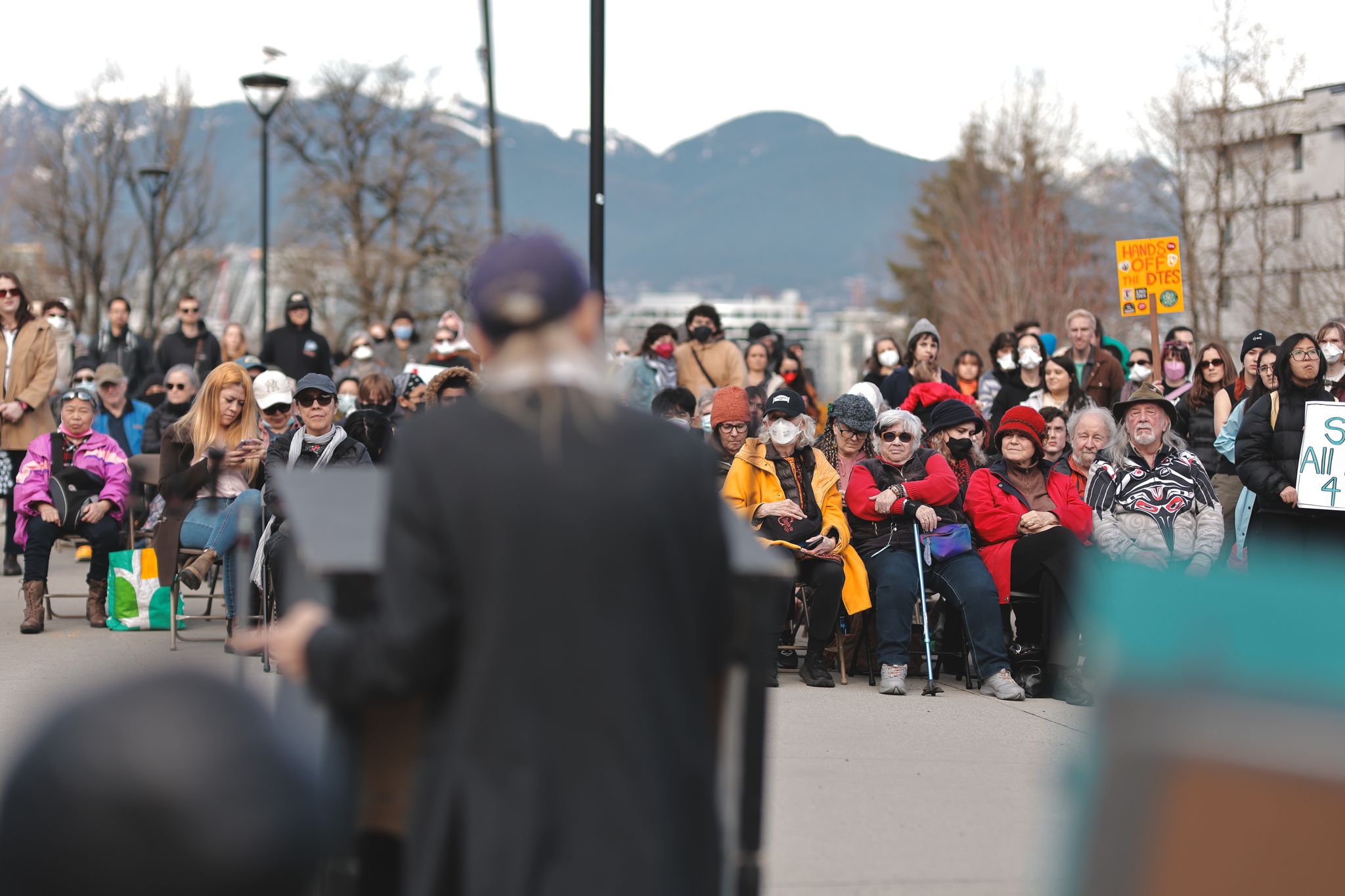City Hall
This week the City released its three-year plan for addressing housing affordability in Vancouver. The plan has been received with wide appeal as an...
Hi, what are you looking for?


Vancouver Mayor Ken Sim has announced a plan to freeze supportive housing development in the Downtown Eastside (DTES). The plan is part of a...
This week the City released its three-year plan for addressing housing affordability in Vancouver. The plan has been received with wide appeal as an...
There is a renewed grassroots effort to stop condo development on the site of the historic Pantages Theatre at 138 East Hastings. Worthington properties...
Many Vancouverites are wondering what the City is doing to make Vancouver affordable and therefore liveable. Unfortunately, the City’s main affordable housing initiative over...
The past three years of civic politics have been rich in spectacle, poor on substance. Politicians brought us the Olympic Games, hoping to cash...
Vancouver's two developer-funded parties, the NPA and Vision, are identical on core policy issues. Both put developers before people, and hold their breath for...
The above picture depicts City Engineers tossing the complete belongings of two homeless residents of the Downtown Eastside - shopping carts inclusive - into...
Vancouver's in-control municipal party, Vision Vancouver, votes as a bloc. You're surprised? Parties exist to march in step. They call it discipline. The just...
The Mainlander's Sean Antrim discussed the COPE-Vision electoral agreement on Wake-Up With Co-op Radio this past Friday Jun 29 2011 at 8:15am. Listen by...
The Mainlander's Tristan Markle debated CityCaucus' Daniel Fontaine from 9am-10am on CKNW's The Bill Good Show, AM980, Tues June 28. Topics included: the social...
Today was quite a day in the world of partisan Vancouver civic politics. The civic Green Party held a special general meeting at noon...